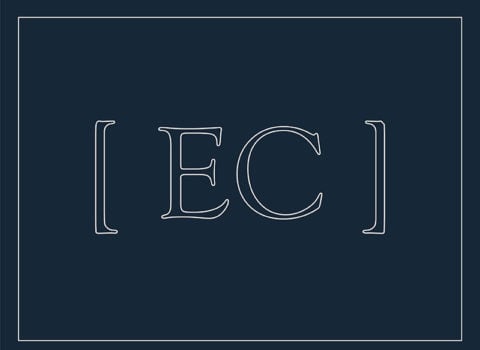“There was music in the cafés at night/ And revolution in the air . . .”—Bob Dylan
Some may conclude from reading this blog that I believe downtown Tampa to be a soulless, sun-blasted hellhole made up of little besides empty sidewalks, endless parking lots, and sterile glass boxes. Some would be right. But there are many other parts of the Tampa Bay area that have real style and character. My own favorite is Ybor City, which was where Jack and I stayed during our sole- and soul-blistering trip to the Republican National Convention.

Despite the name, Ybor is not a separate city, but an old neighborhood northeast of Tampa’s Saharan downtown. Teddy Roosevelt and his Roughriders camped hereabouts during the Spanish–American War, prior to embarkation for Cuba. The place was already a small but growing cigar-making village, filling up with Cuban, Italian, and Spanish immigrants, along with smatterings of Chinese, Germans, and Romanian Jewish shopkeepers—the most diverse community in Florida. The cigar-rollers wrapped up as many as 500 million stogies in a year, living in company shotgun shacks, hiring professional readers to read to them from newspapers and books while they worked.

The cigar industry and Ybor began to decline as far back as the Great Depression, as you can see from some of the scenic ruins I’ve photographed here. But as you can also see, many people have refurbished and personalized the old cigar-roller shacks, making them into terrific little homes. Aging biker bars, tattoo parlors, groceries, and lively new cafés and restaurants co-exist peaceably in the picturesque brick storefronts and under the loggias along Seventh Avenue, Ybor’s main street.

Since the 1980s, a motley collection of artists, bikers, musicians, and the generally irascible have been slowly reclaiming and rehabilitating Ybor. The scene here is wonderfully laid back and tolerant. My fabulous cousins and their friends, with whom we stayed, can make a living doing things like tending bar, hostessing, waiting tables, and cooking, while pursuing every possible sort of artistic endeavor on their own—painting skateboards and making sculptures out of bikes, inking tats and belly dancing, starting theater companies and burlesque troupes.
Every day, they took us around the Tampa Bay area for amazing food of every variety, thanks to their restaurant jobs and connections. (My personal favorites: Bernini’s and Samurai Blue in downtown Ybor; Samba and Ciro’s Speakeasy, both in Hyde Park.) At night, after tending to the writing and the speechifying, we would drink, and talk, and play pool deep into the night at Seventh Avenue bars with names like The Dirty Shame and The Boneyard.

Yet for all the hip nightlife, Ybor City is still part of a working port, with enormous container ships anchored at its docks. By day, huge tanker trucks and eighteen-wheelers roll through the streets, while freight trains barrel through downtown at all hours. Late one morning, punchy from hours of writing, I sat out on the little porch of my cousin’s boyfriend’s house in the staggering heat, breakfasting on half a leftover Cuban sandwich, listening to the train whistles blowing and feeling deliriously happy.

I fear that, with the end of the recession, Ybor as presently constituted will last about two minutes. Developers will likely snap up its lots and its little homes, gentrify and touristize its bars and restaurants, replace its smoke shops and tat parlors with galleries full of cheesy paintings. Already, high glass condos are sneaking in around the edges.
Yuppies follow the artists in today’s America, and Ybor is full of artists, if not always of the traditional variety. They remind me of my terrific niece, Zoë, already an accomplished poetess, who is out in Las Vegas trying to help preserve parts of that city, while taking photographs of its beautiful old signs before they vanish. I told her frankly that I didn’t know if Las Vegas could be saved—but to her infinite credit, she answered my pessimistic critique by replying, “I don’t think worrying whether America is dying will really help anyone.”
Well said. Zoë, my cousins Chris and Alana, Durke, whose home we stayed at, and all their friends and family—these people are the future. They are making a way where there is no way. Inventing new means of making a living where so many of the old ones have vanished. To spend some time with them is about the best antidote I know to having to listen to today’s American elite and their hand-bought representatives, telling endless lies to each other behind their barbed-wire and steel-berm perimeters, manned by their hordes of officious security personnel.
Ybor City is where it’s at.






























































































